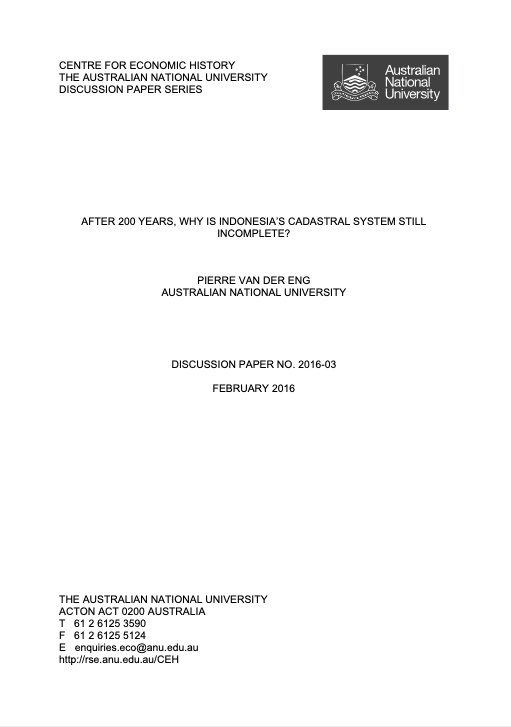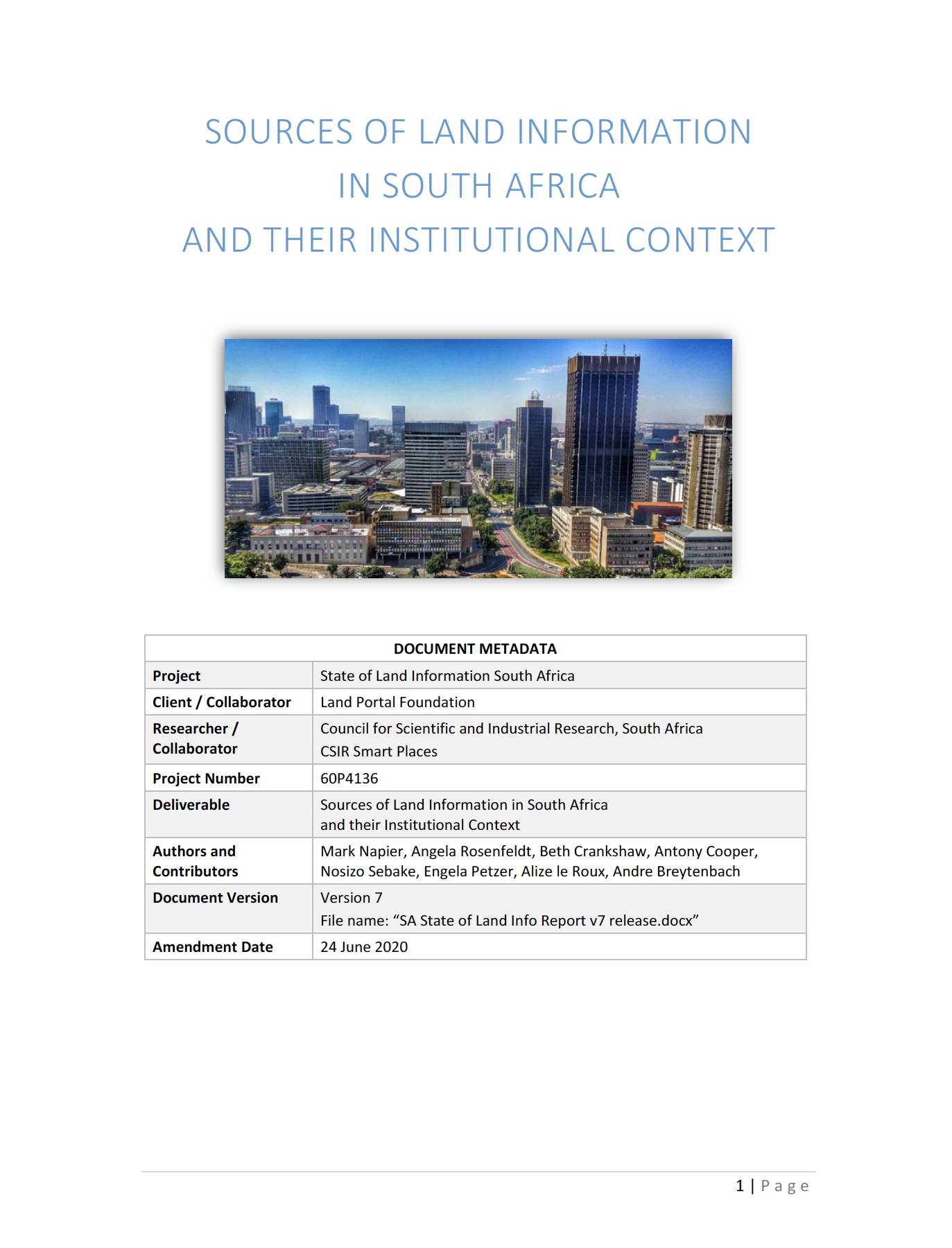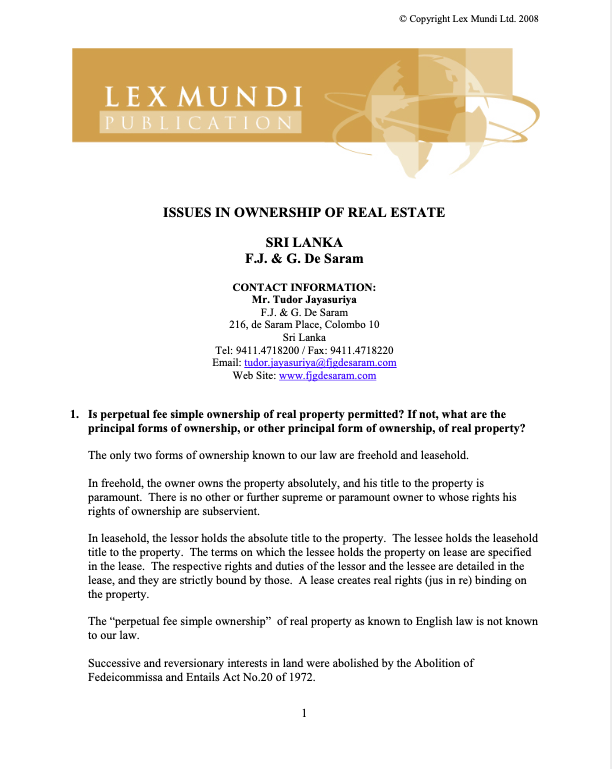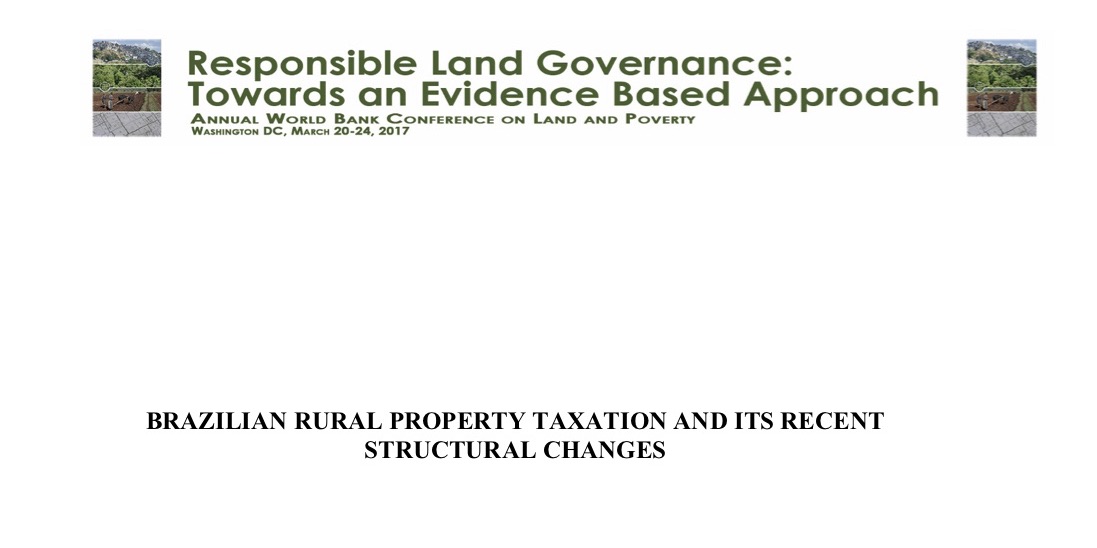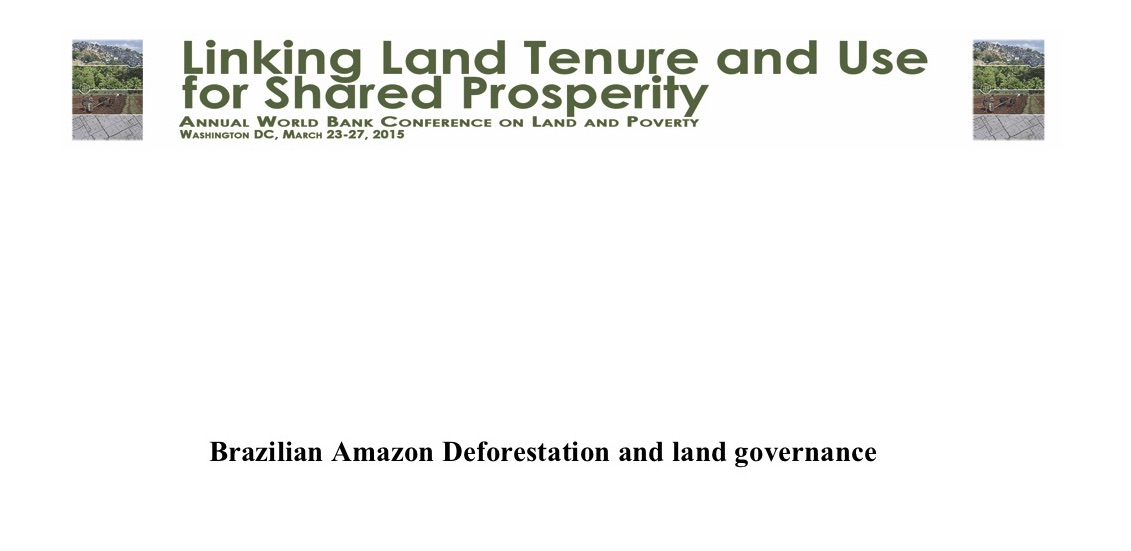After 200 Years, Why is Indonesia's Cadastral System Still Incomplete?
This paper discusses Indonesia’s experience with establishing a uniform cadastral system in rural areas since the idea was first mooted in the early 19th century. Until 1961, a formal cadastre that identified, measured, registered and certified land titles existed only in urban areas. A cadastre for rural land did not start until after the 1960 Agrarian Law. Until then, the village-based land tax registers acted as a substitute cadastral register in areas subject to land tax.

